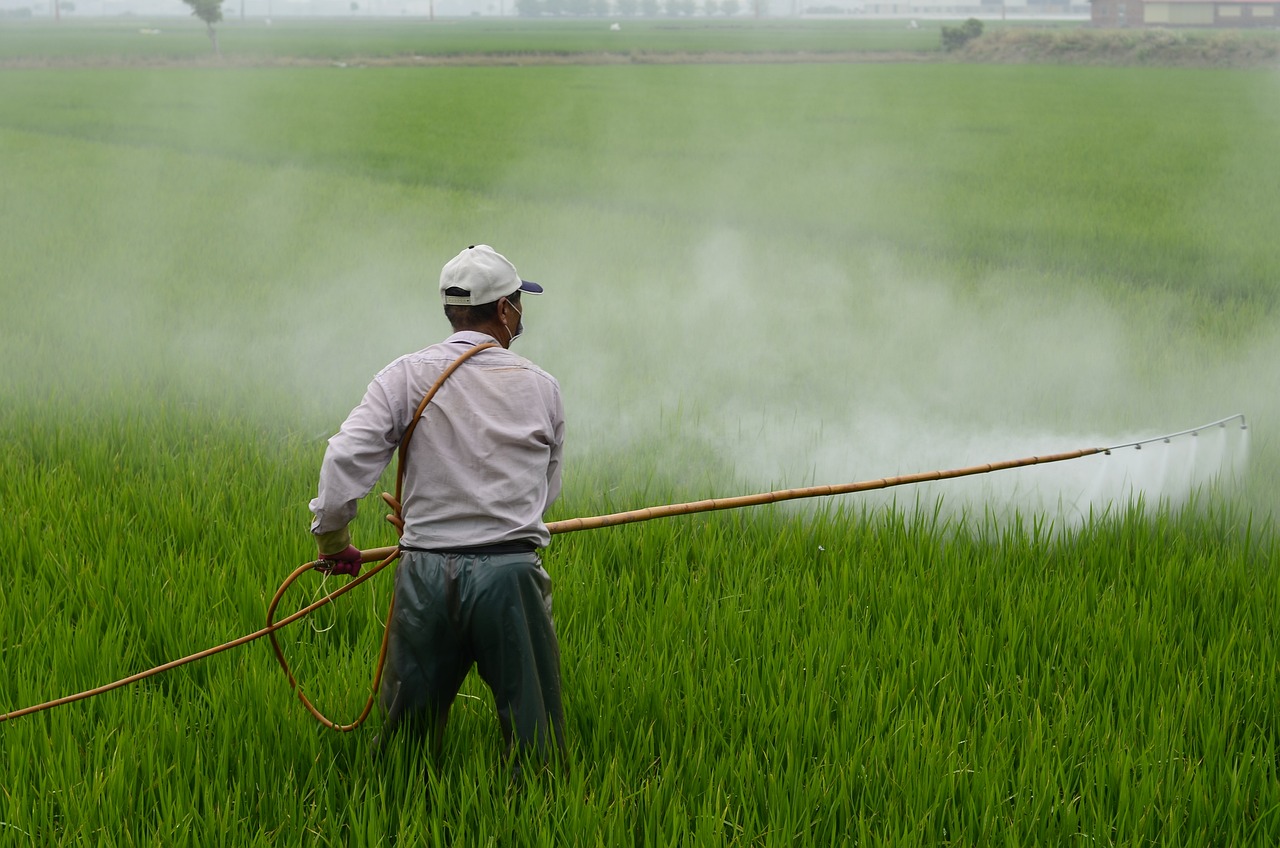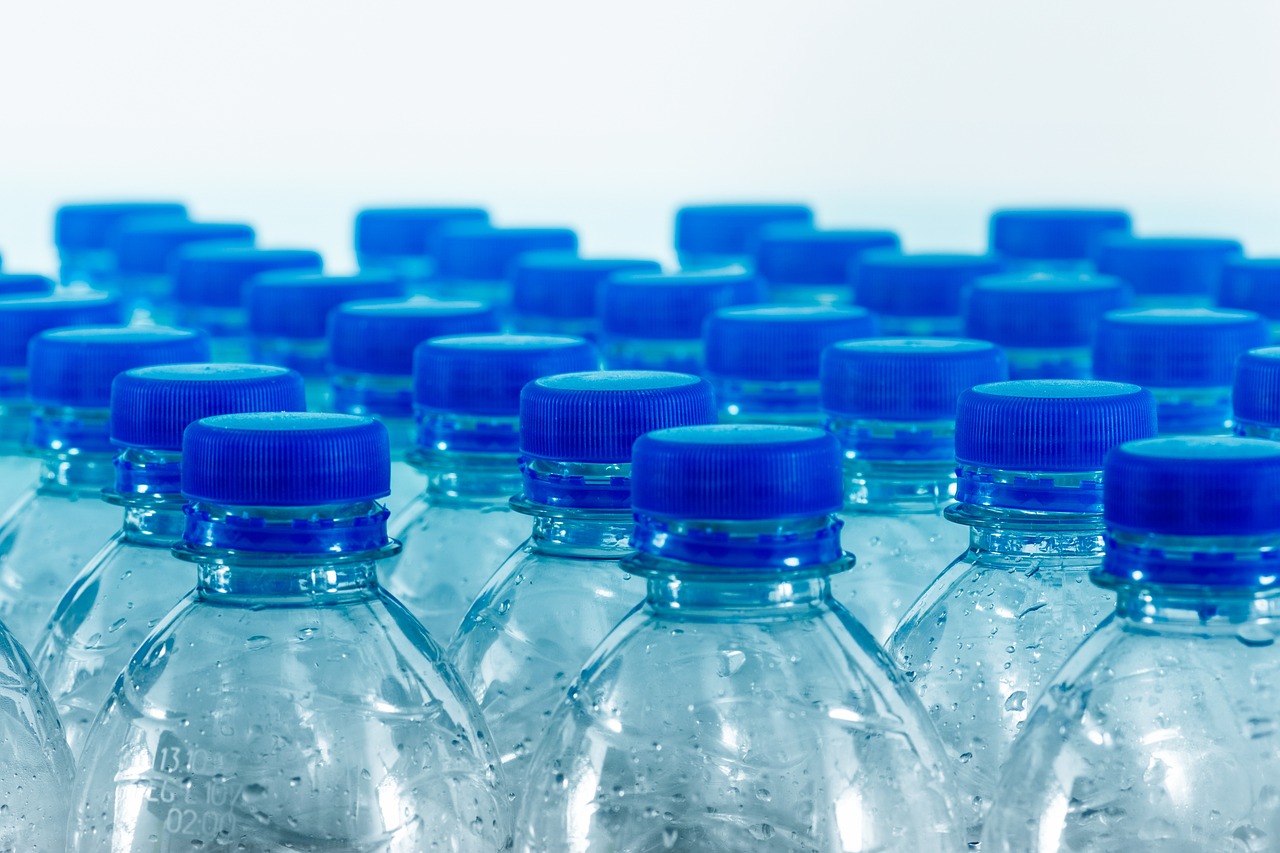As the world prepares to commemorate the International Lead Poisoning Prevention Week of Action, CEJAD and other members of the Multisectoral Committee on Sound Chemicals Management are planning for the awareness week together with the U.S. Agency for International Development (USAID)- MCGL. ILLPWA aims to create awareness of the health and environmental impacts of lead exposure, and it will be held from 20th October 2024 to 25th October ,2024
Lead paint is a significant source of lead exposure. Children are the most affected by the harmful effects of lead poisoning, as they are easily exposed to objects such as toys, deteriorating lead paint from walls, doors, windows, and contaminated soil. Children absorb lead at higher rates as compared to adults, resulting in irreversible health effects that affect the development of the brain and nervous system. This leads to children experiencing lower IQ, decreased ability to pay attention, and underperformance at school.






